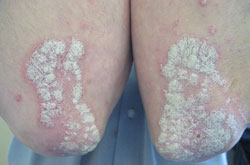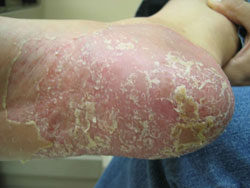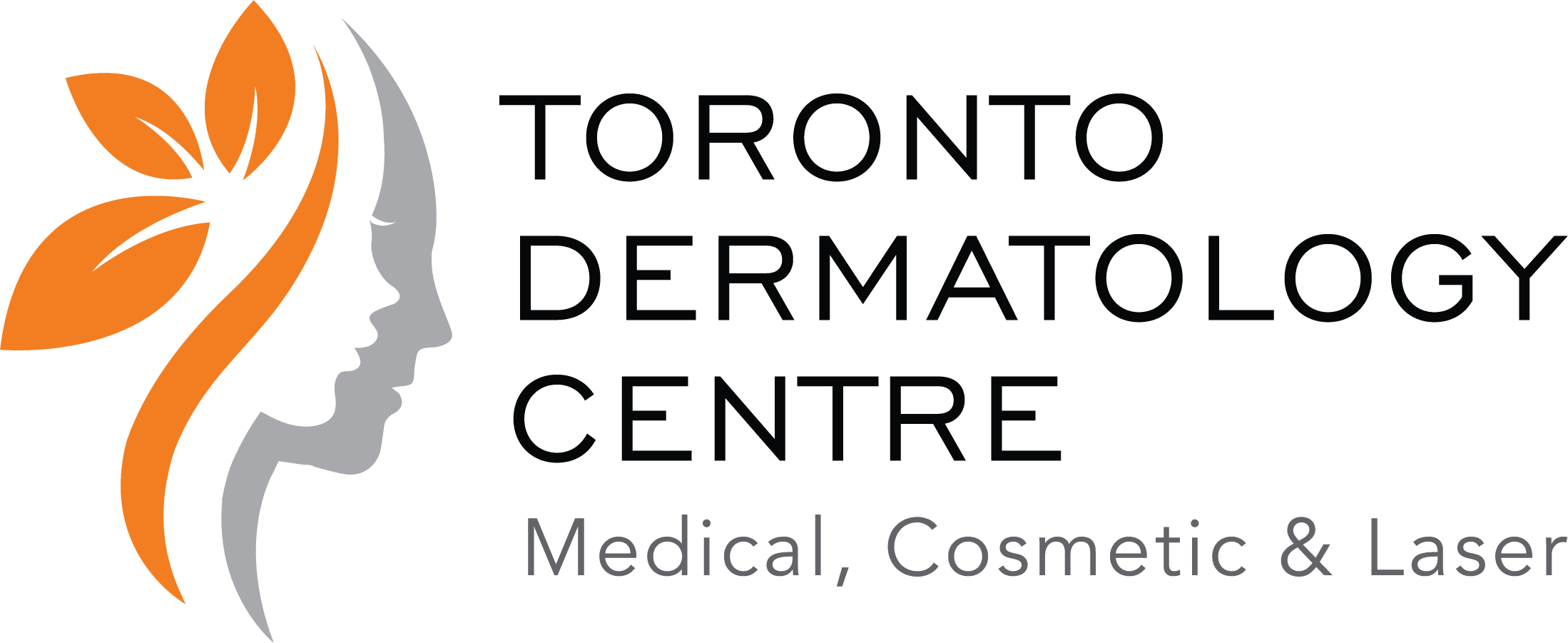Psoriasis is a skin condition that affects about 2% of the population. It features red, thickened areas with silvery scales, most often on the scalp, elbows, knees, and lower back. Some cases of psoriasis are so mild that people don’t know they have it (e.g. they think they just have dandruff). More moderate or severe psoriasis can cover large areas of the body. Psoriasis is not contagious and cannot be passed from one person to another, but it is most likely to occur in members of the same family. Patients with psoriasis are more likely to have other health conditions, e.g. metabolic syndrome (diabetes, high cholesterol), heart disease, and depression. Up to 25% of people with psoriasis can also develop psoriatic arthritis, most commonly of the small joints of the hands and feet.

The following healthy lifestyle modifications may help psoriasis:
- Try a whole-foods diet and a low-glycemic diet
- Increase Omega-3s intake. Foods high in omega-3 include walnuts and fish such as salmon.
- Antioxidants and Vitamins A and D supplements
- Manage emotional stress. Stress has been linked to the development of psoriasis and may be a factor in flare-ups and itching. Most of us can’t avoid all stress, but there are several ways to better manage your stress, such as exercise.
- Proper weight management. People living with psoriasis are more likely to be overweight or obese, and weight reduction may help improve psoriasis.
- Reduce smoking and alcohol consumption as these can worsen psoriasis and cause flares.
 The goal of psoriasis medical treatment is to reduce inflammation and to control shedding of the skin. Treatment is based on a patient’s health, age, lifestyle, and the severity of the psoriasis. Moisturizing creams loosen scales and help control itching. Steroid preparations can help to reduce inflammation, redness and scales of the skin, and itching. Dovobet gel and Enstilar foam are combination of steroid and vitamin D and are often used as first-line topical preparations for mild to moderate psoriasis; they are versatile to use on the body and scalp. Non-steroid anti-inflammatory creams such as Protopic ointment or Elidel cream can be quite helpful in the groin, armpits, and face.
The goal of psoriasis medical treatment is to reduce inflammation and to control shedding of the skin. Treatment is based on a patient’s health, age, lifestyle, and the severity of the psoriasis. Moisturizing creams loosen scales and help control itching. Steroid preparations can help to reduce inflammation, redness and scales of the skin, and itching. Dovobet gel and Enstilar foam are combination of steroid and vitamin D and are often used as first-line topical preparations for mild to moderate psoriasis; they are versatile to use on the body and scalp. Non-steroid anti-inflammatory creams such as Protopic ointment or Elidel cream can be quite helpful in the groin, armpits, and face.
Systemic treatment options for psoriasis are divided into older systemic therapies (e.g. Soriatane, Methotrexate) and currently widely used biologic therapies, such as Enbrel, Humira, Stelara, Cosentyx, Tremfya, and Siliq. Otezla is an effective and safe pill medication for psoriasis. All the biologics and Otezla are also effective for psoriatic arthritis to varying degrees. These medications are typically covered by private drug plans and some by ODB. They can be truly life-changing for psoriasis patients. As well, psoriasis is a very active area of research, with many ongoing therapeutic clinical trials including at our clinic. As a result of the constant developments in treatment and understanding of psoriasis, make sure to speak with your dermatologist as to the best option for you.
